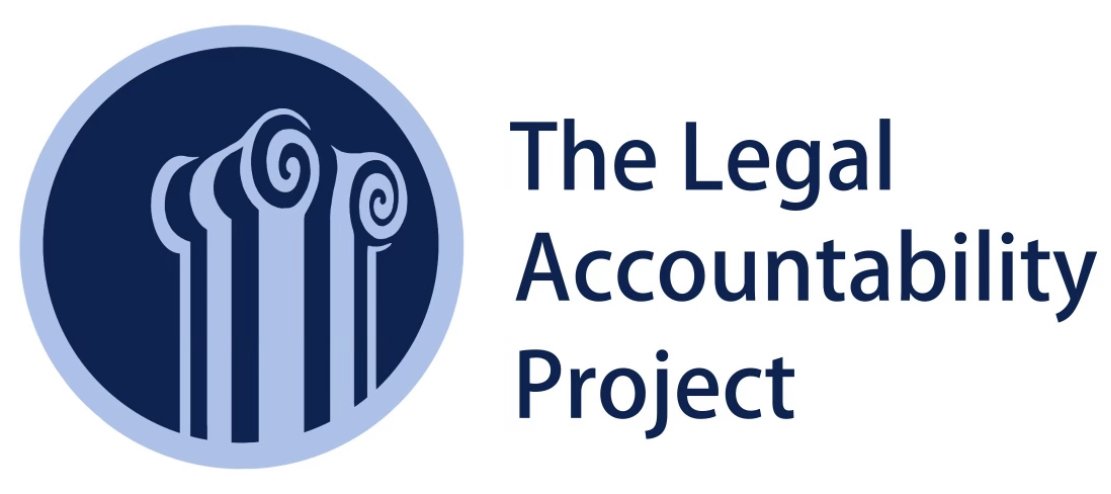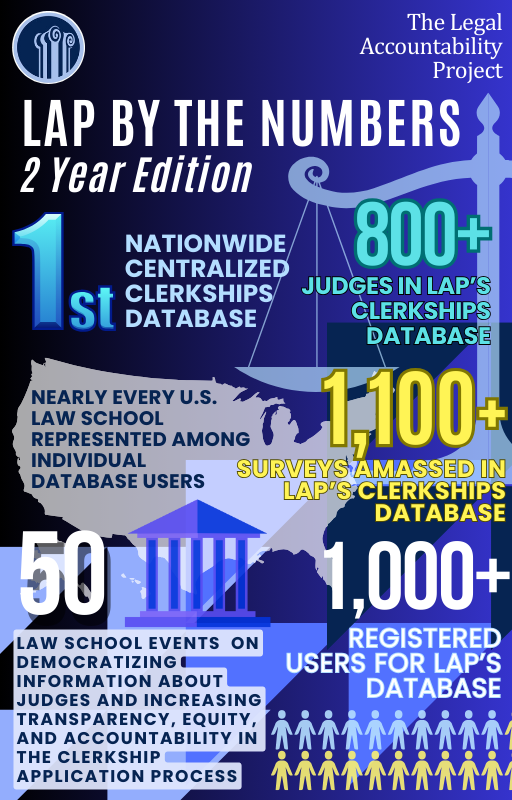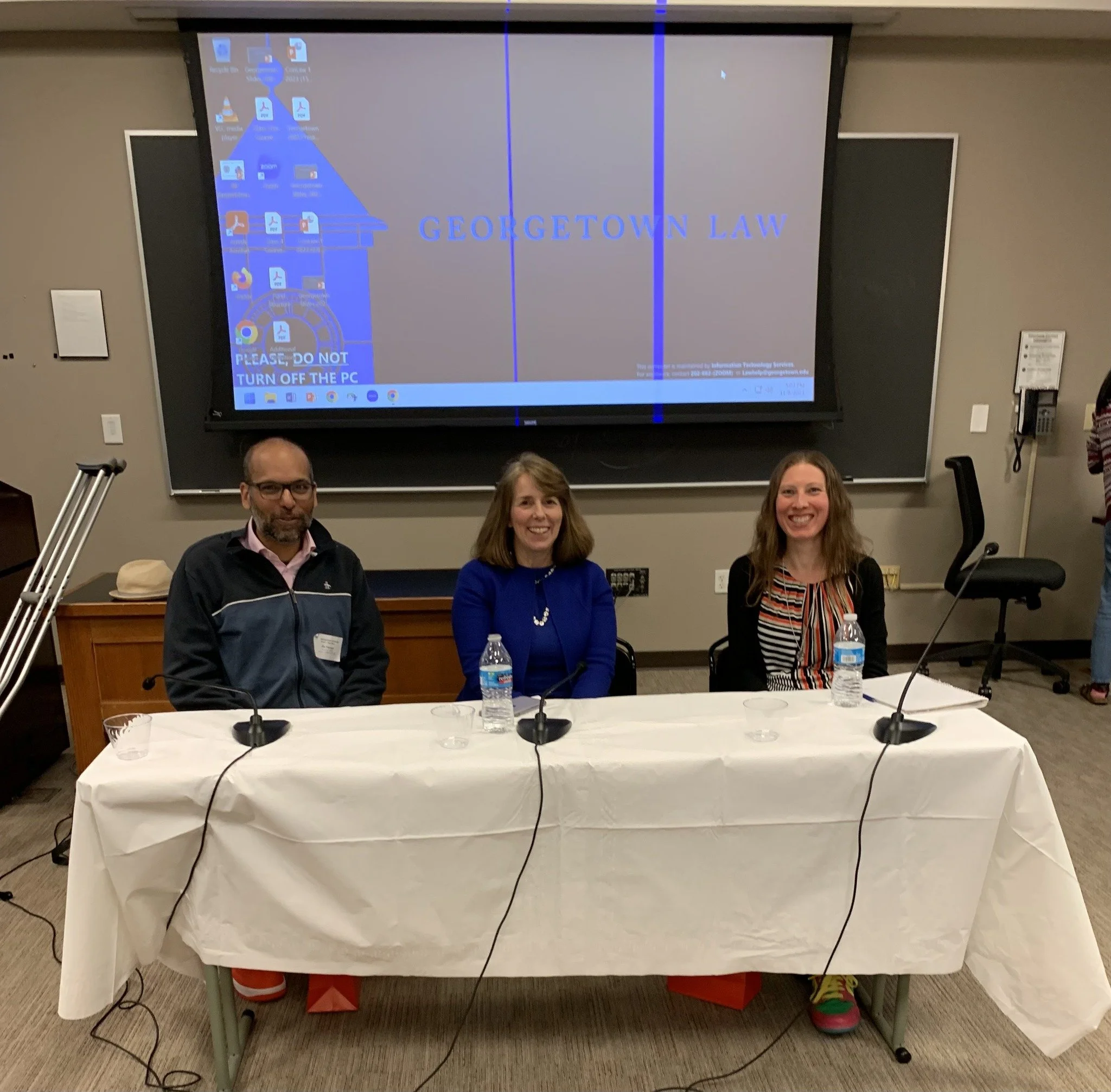Diversity, Equity, Inclusion, and Belonging (DEIB)
Diversifying the legal profession starts with diversifying clerkship hires.
The upper echelons of the legal profession are notoriously homogenous. Today’s law clerks are tomorrow’s prosecutors, public defenders, BigLaw partners, law professors, and judges. Pathways to prestigious legal careers, including pathways to the bench, often start with serving as a judicial law clerk. As we consider who rises through the legal profession - including to the judiciary - diversifying the profession starts with diversifying clerkships, considering the outsized influence that a clerkship - and a relationship with a judge - have on attorneys’ future career success.
It is disproportionately historically marginalized groups who lack access to the formal networks and information channels that help their peers obtain clerkships. Transparency benefits every student, but it particularly benefits diverse students - with "diversity" defined broadly to include gender, gender identity, race, ethnicity, socioeconomic, first generation, disability, veteran status, law school, political, and geographic - who have unique considerations when deciding whether and where to clerk - including whether judges hire diverse candidates and are sensitive to diverse identities.
The majority of law clerks have historically been white and male. Therefore, even at schools that collect information about clerkship experiences, their information does not represent a diversity of experiences. A non-male, non-white law clerk may have a different experience clerking for the same judge as their white male colleague. Yet right now, students lack information about diverse experiences. Centralizing law clerks’ clerkship experiences and post-clerkship survey responses - and actively seeking survey responses from diverse clerks - through LAP’s Clerkships Database increases the likelihood that diverse clerkship applicants reading surveys in LAP’s Database will be able to learn about a diversity of experiences.
By empowering diverse students with access to information, LAP ensures that every student who wants to clerk can pursue a judicial clerkship with the confidence that they will be treated fairly and respectfully throughout the interview process and their tenure in chambers. Expanding the diversity pipeline for the next generation of attorneys starts with changes law schools can make this year. By democratizing information about judges, LAP’s Clerkships Database is one of the best ways to foster beneficial clerkship experiences and to diversify not just judicial clerkships, but the legal profession generally. Knowledge is power.
This is why the theme of LAP's 2023-24 school year programming was Diversifying the Clerkship System. Transparency is the missing piece in conversations about both diversity and clerkship advising.



